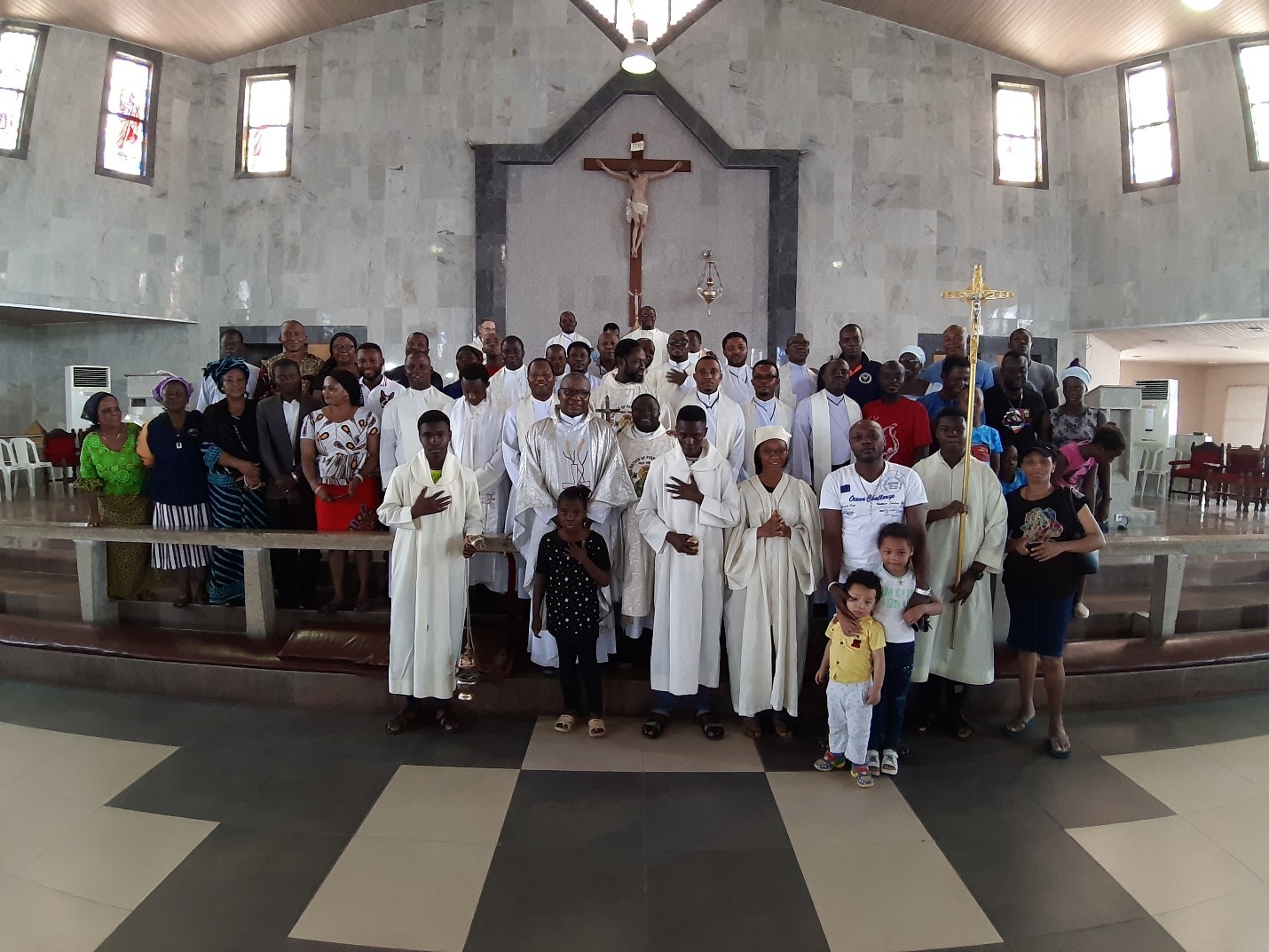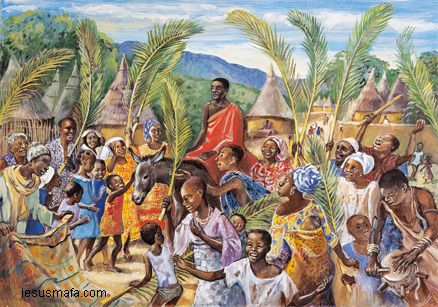Kenya was negatively affected by the severe drought in the Horn of Africa this year. Particularly vulnerable to the drought were the nomadic pastoralist communities, including the Maasai and the Turkana, whose livelihoods rely upon their herds of livestock, either cattle, goats, sheep, camels, or donkeys, for survival. The Maasai’s home is Kajiado County, South of Nairobi. Turkana County, North West Kenya is home to the Turkana. Both counties are semi arid (‘desert like’). Traditionally the Maasai and Turkana move with their livestock from pasture to pasture depending on the availability of water. When the rains failed in 2011 it was after a number of years of below average rainfall leaving communities struggling as crop production was minimal, food supplies were low and the animals were dying of dehydration. This left thousands of Maasai and Turkana communities severely malnourished and with deteriorating health.

The Redemptorists in partnership with SERVE support the Girl Child Network, Kenya School Sanitation Improvement Programme. The drought could have stalled or even reversed the positive strides this programme makes in boosting the enrolment, attendance, performance and retention of students in education, particularly for girls. During the drought many children could not attend school. Instead they nursed ill family members and were forced to travel long arduous journeys searching for water. Those children who could get to school were hungry and found it difficult to concentrate. Families’ source of wealth, their livestock, was dying off leaving fathers and mothers forced to consider marrying off their teenage daughters, some as young as 12, the dowry seen as their only hope of providing for the rest of the family and surviving the drought.
The Redemptorists and SERVE, with financial support from Misean Cara, supplemented the existing programme with a School Feeding Programme. The feeding programme kept 31 schools open over the summer holiday period (feeding 7,119 children). When the rains failed again in September an extension was secured for a further six weeks feeding the children until the end of their school term in mid-November. This programme was fully supported by the local Ministry of Education and the teachers came to school every day. This programme encouraged families to keep their children in school. Men travelled with the animals in search of water while the most vulnerable, mothers and children, stayed behind and the children were fed at school. The programme benefitted families as a whole, as often food was shared. The pressure on families to marry off their girls in return for a dowry was heavily reduced.
In November Anne Cleary from Aidlink visited Kenya and met with students, school staff, school management committees and parents from some of the Kajiado schools who benefitted from the School Feeding Programme. Endoinyo Olasho Primary School with a student population of 239, about eight kilometres from the Tanzanian border, was one school visited. The head teacher, Mr. Dickson, expressed his sincere gratitude and was pleased to report the number of drop-outs was low compared to other years that the area was affected by drought. Particularly encouraging was the retention rates of girls after the holidays. Early marriage, while still a challenge, is also on the decline in the communities.
The Redemptorists and SERVE fundraised €30,000 on behalf of the School Feeding and Shamba Programmes and successfully organised matching funds from Misean Cara to turn it into € 60,000.

The Redemptorists and SERVE, through a joint funding approach, are supporting a ‘Shamba’ project in Turkana through its implementing partner the Diocese of Lodwar. Shamba is the Swahili word for ‘food garden’. During the acute stage of the drought 300 families benefitted from an emergency food for work project, clearing land for cultivation. The project benefits a further 500 semi-nomadic families, providing agricultural training including green-house agriculture, fruit tree planting, rain water harvesting and managing water to grow crops such as tomatoes as part of a long term drought mitigation project. The families work together in farmers groups. Each group has ten members, two of whom receive training and then train their peers in the group on improved farming techniques. The Shamba project diversifies the livelihoods of the Turkana and helps mitigate against the risk of solely depending on their live-stock. Meeting the farmers groups involved, it is clear that they have suffered during the drought and lost many of their livestock. One lady, Anna’s experience of the drought was ‘eating once every two to three days, accompanied by a lot of sickness.’ She is now en-gaged in the Shamba project and is looking forward to the first harvest in early 2012.
Anne Cleary of Aidlink carried out a monitoring visit for the SERVE/Redemptorist funded project in November 2011. During Anne’s visit the rains had come, although communities were still frail and the animals had not yet fully recovered. There was, however, a great sense of hope in both communities and they are now turning to recovery post-drought. It will take months before things return to normal. Although there is no word for ‘Thank You’ in the Turkana language the thanks and gratitude expressed by the Turkana people was palpable. The Maasai too were extremely grateful for the support received during a particularly difficult drought. Thanks to the support received during the drought both communities can now look to a brighter future.




